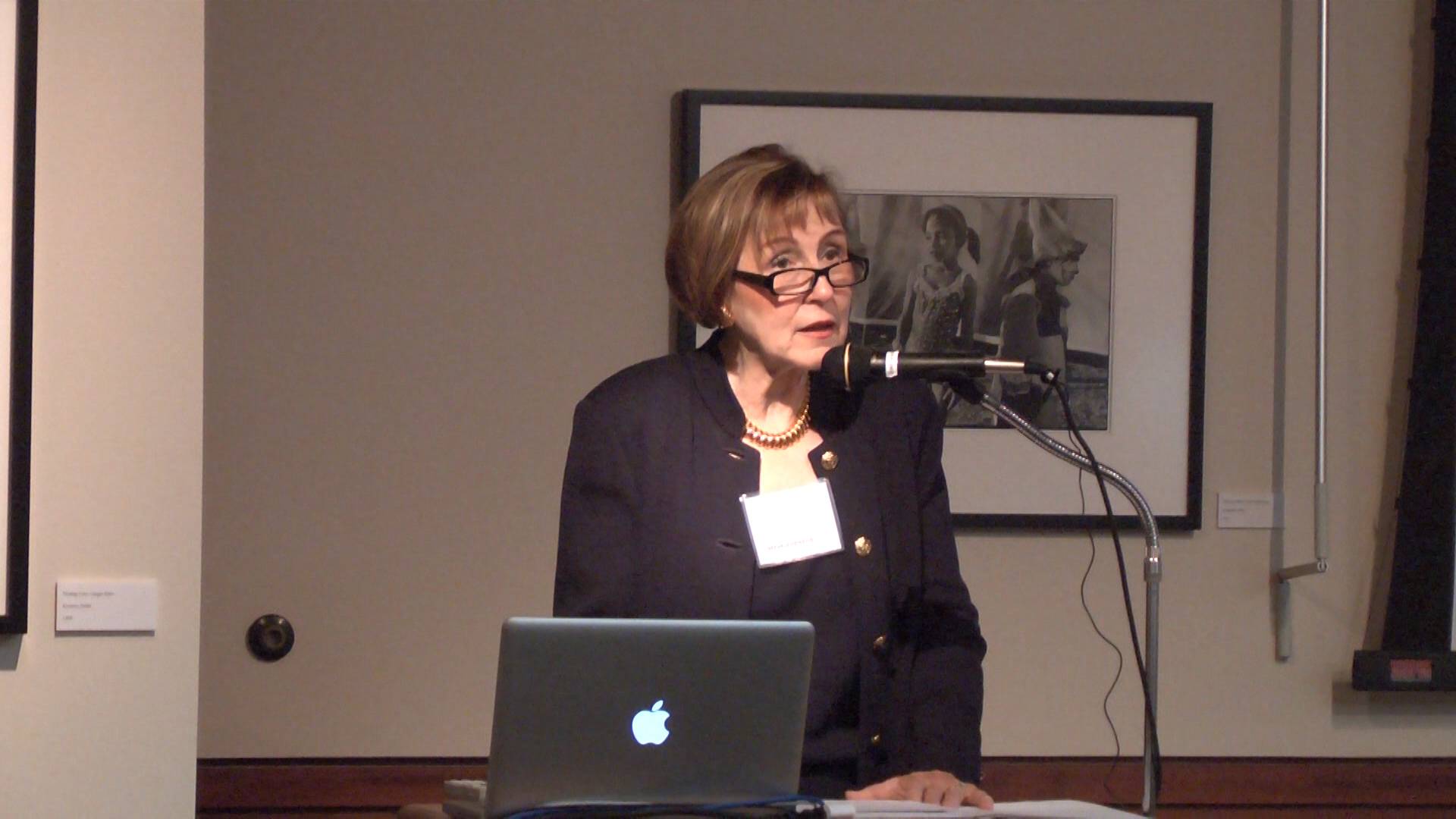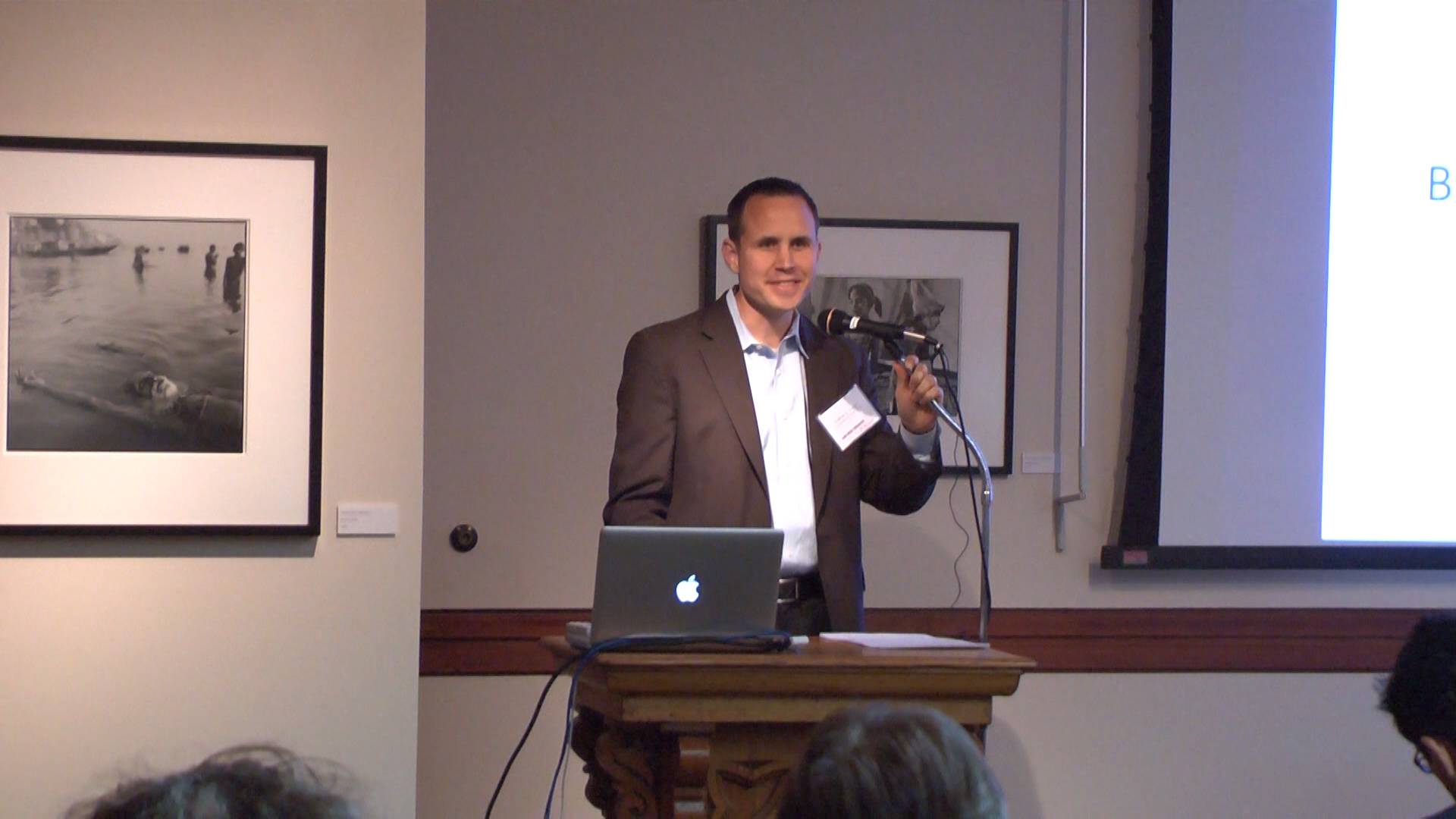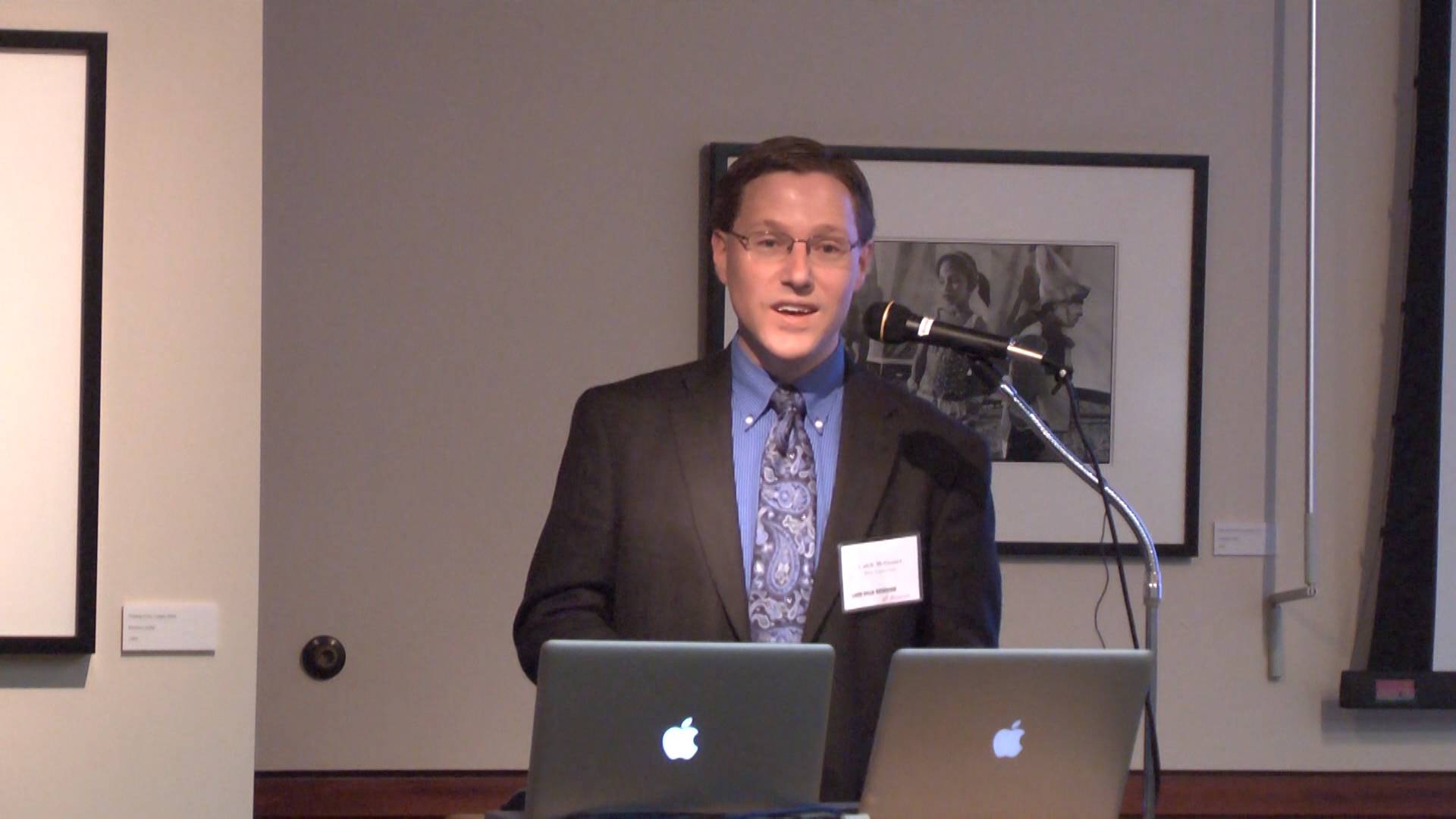Gray Ghost: Collective Memory of a Confederate Texas
The “collective memory” of Confederate Texas is as elusive as a ghost. It is as lacking in definite shape as any restless spirit, and tracing manifestations of it is a challenge worthy of any ghost hunter. This nebulousness, like so many aspects of Texas history and memory, is inextricably linked with Texan identity, in itself a loaded term. From a survey of primary and secondary sources, however, a few conclusions emerge, the first and foremost of which is that Texans viewed and many continue to view themselves as “Texan” first and foremost. A second is that vast differences of geography and ethnic heritage mitigated against the formation of a genuinely “collective” memory of a Confederate Texas. A third is that Texas men were much more interested in getting back to making money than they were in memorializing a lost cause. This left the cultivation of “memory” to the ladies. McLemore explores the evidence for and the nature of collective memory of Confederate Texas through time.
Dr. McLemore is William B. Wiener, Jr., Professor of Archives and Historic Preservation and head of LSU-Shreveport Archives and Special Collections, and Adjunct Professor in History at LSU-Shreveport. Before coming to LSUS in 2004, she was College Archivist at Austin College in Sherman, Texas. She received her PhD in History at the University North Texas. McLemore is active in professional organizations, including the Academy of Certified Archivists, of which she is currently president, Society of American Archivists, Society of Southwest Archivists, Louisiana Archives and Manuscripts Association, Louisiana Historical Association, North Louisiana Historical Association, Texas State Historical Association, East Texas Historical Association, and the Organization of American Historians. Her recent publications include “Women and the Texas Revolution in History and Memory,” in Women and the Texas Revolution (University of North Texas Press, 2012), “Early Historians and the Shaping of Texas Memory,” in Lone Star Pasts: Memory and History in Texas (Texas A&M University Press, 2007), and Inventing Texas: Early Historians of the Lone Star State (Texas A&M University Press, 2004). She is author of two forthcoming projects: “Adele Briscoe Looscan: Daughter of the Republic,” in Texas Women (American Women Series, University of Georgia Press), and Adele Briscoe Looscan: Daughter of the Republic (TCU Press).



